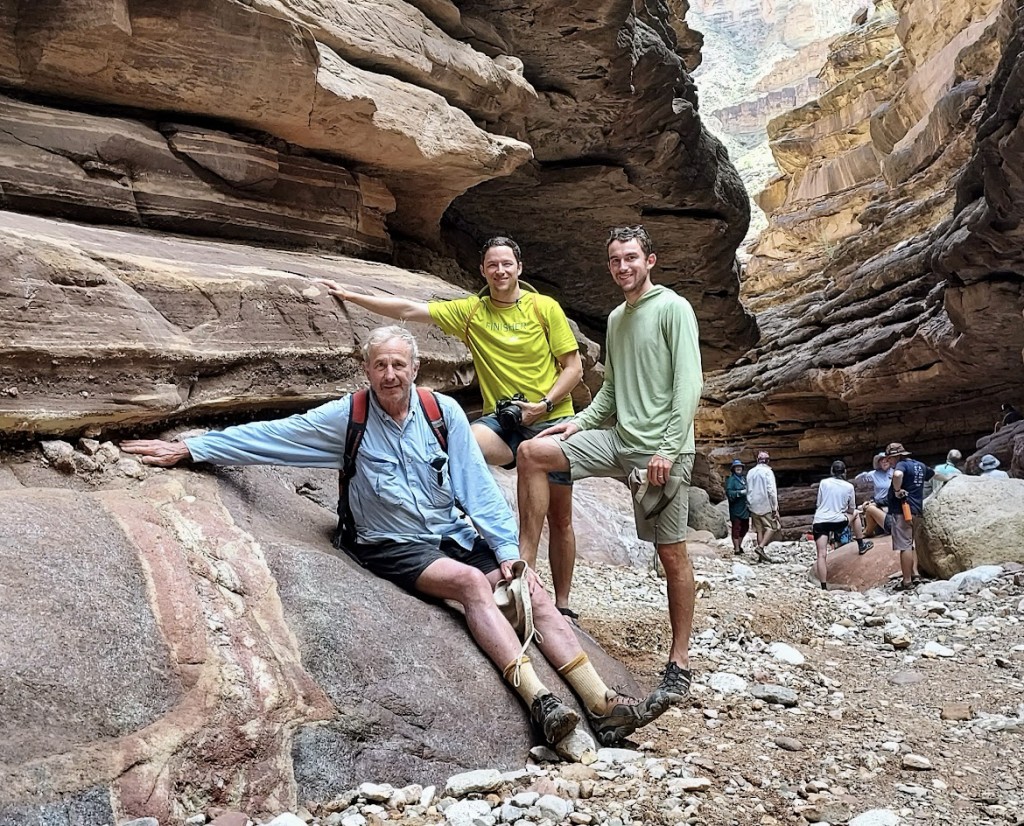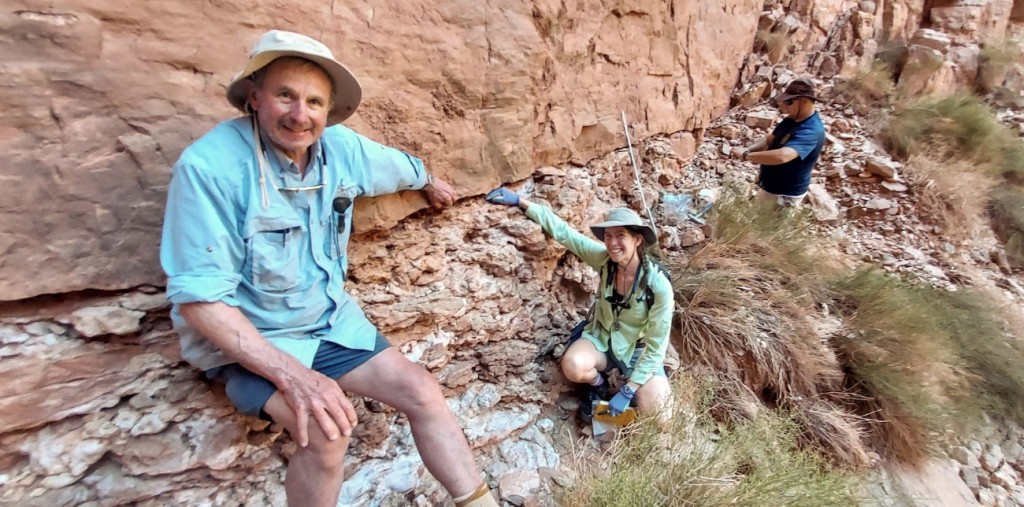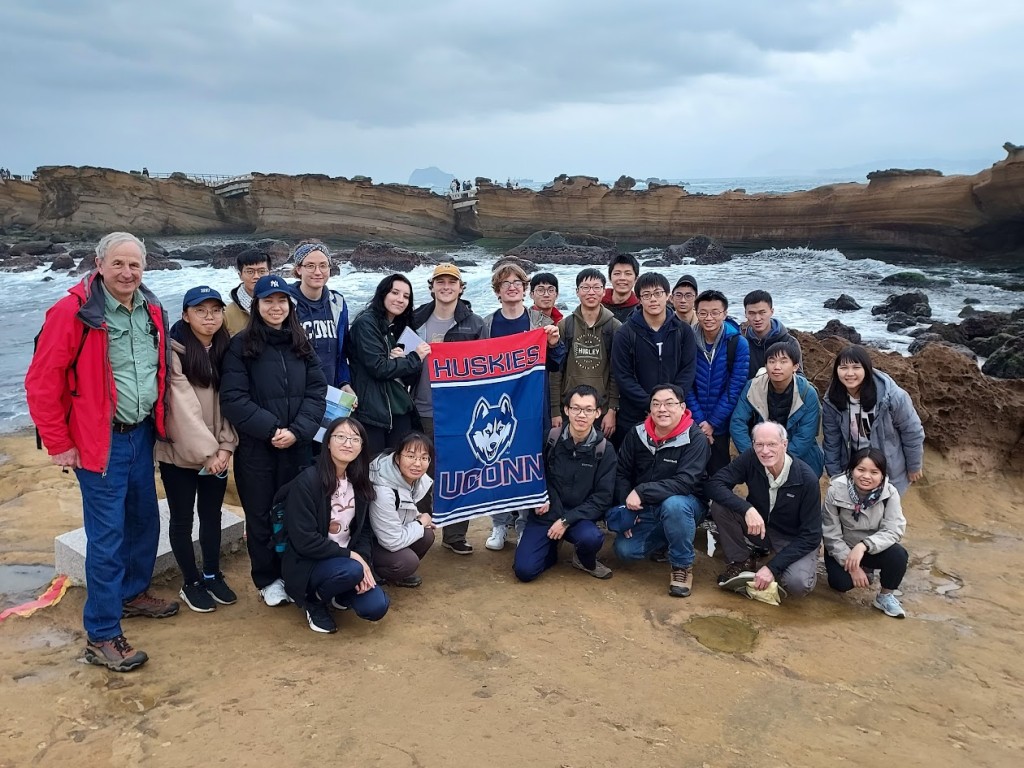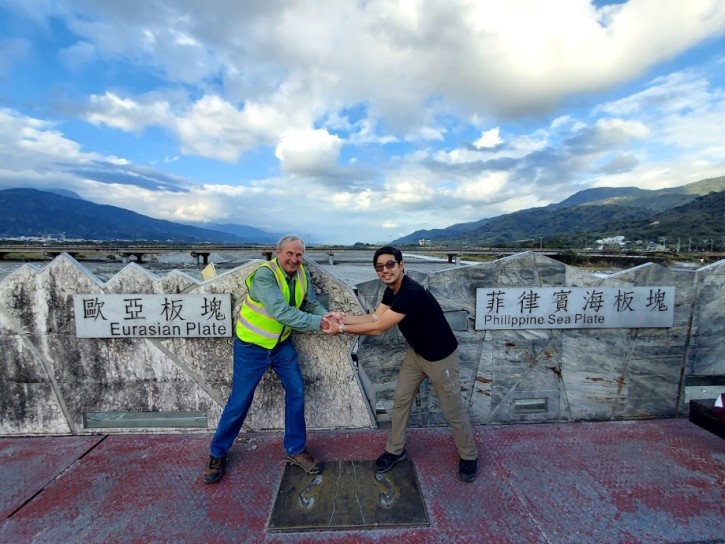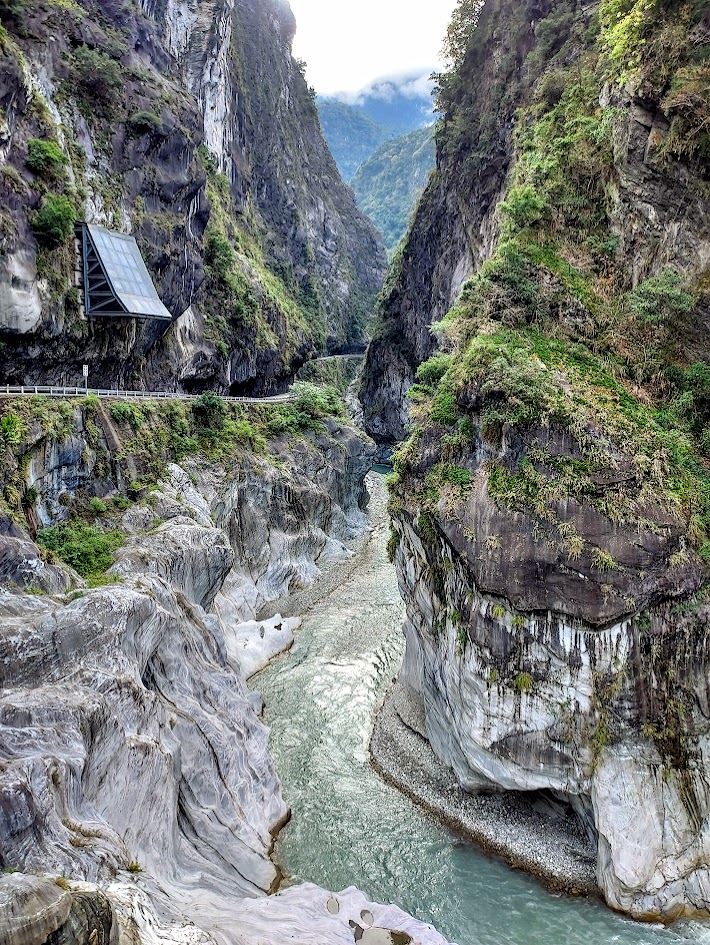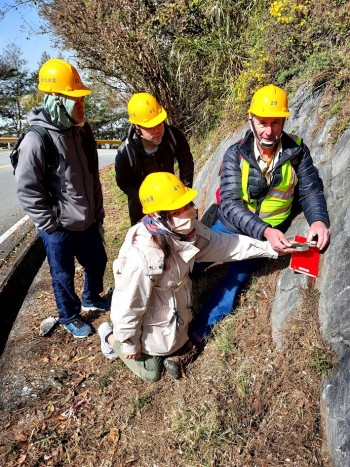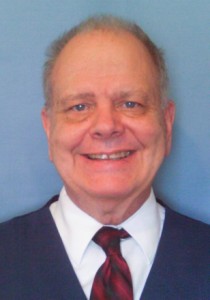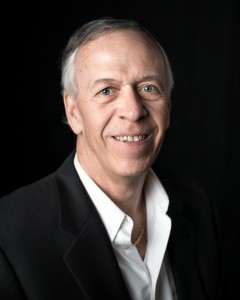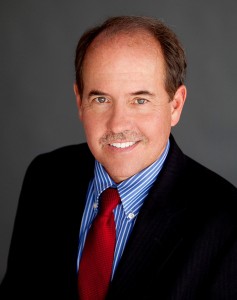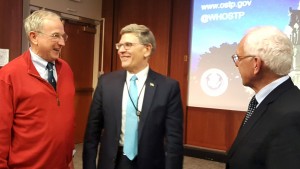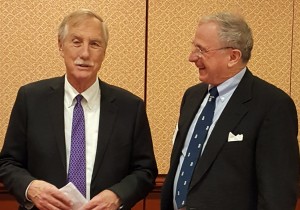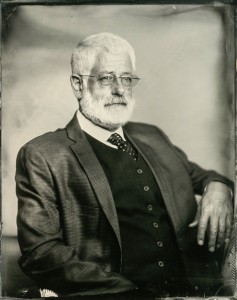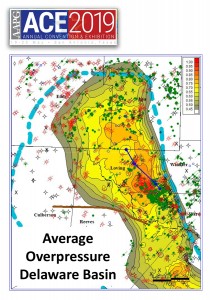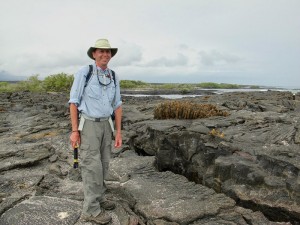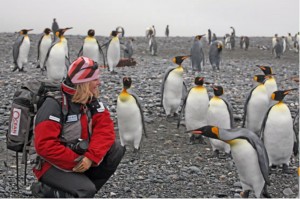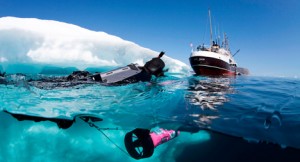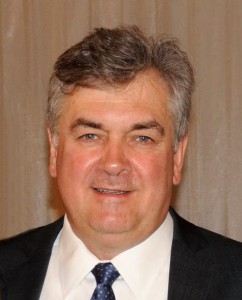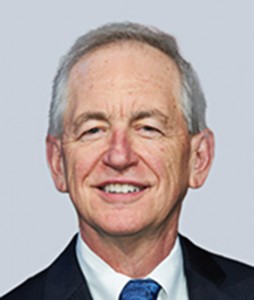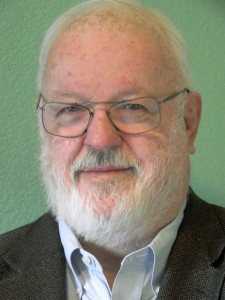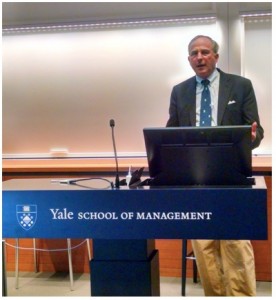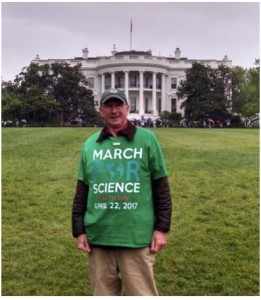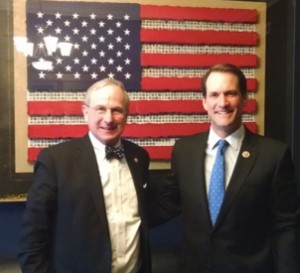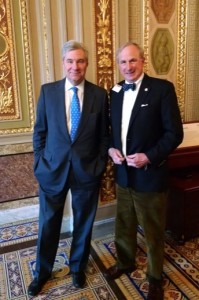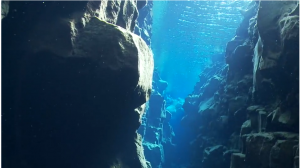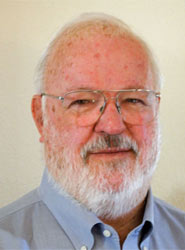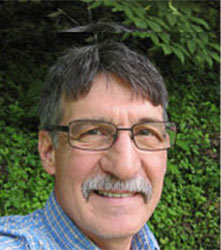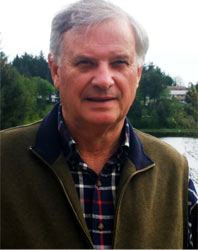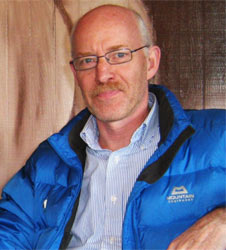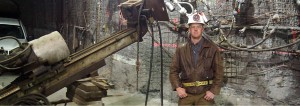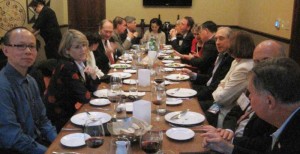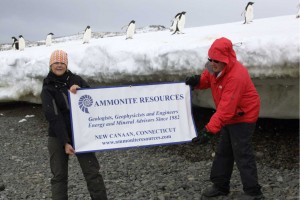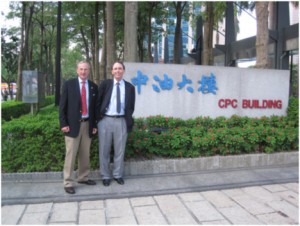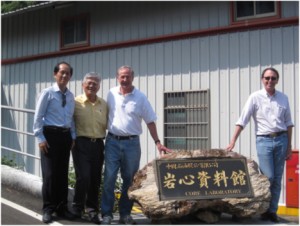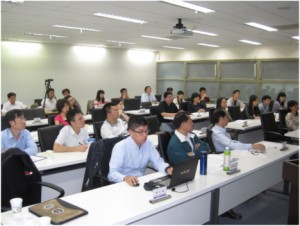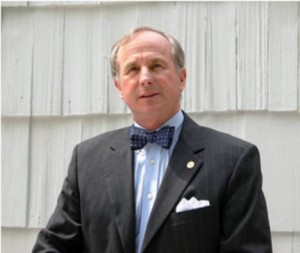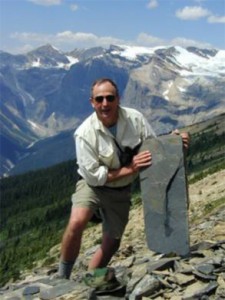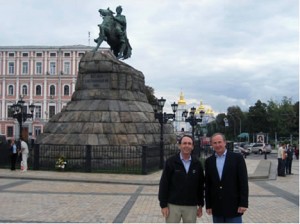Boulder, CO, USA: GSA’s governing Council approved a new position statement, Geoscience and Energy Policy, at its October 2017 meeting in Seattle, Washington. “This has been a long time coming,” said GSA President Isabel Montañez. “I would like to thank the committee for their thoughtful work and GSA members for their valuable input. We have a document that we can be proud of.”
The position statement summarizes the importance of the geosciences in developing fundamental data upon which sound energy policy should be based and the contributions geoscientists can make to the framing of energy policy.
Current Chair of GSA’s Geology and Public Policy Committee (GPPC), Art Snoke, noted that energy issues in particular have relevance to, and are debated, at many levels of society and government. According to the new statement, “Most energy sources have important and distinct geologic factors that should be considered when analyzing the life-cycle impacts related to exploration, extraction, development, operations, human consumption, waste disposal, decommissioning, and reclamation.”
The new position paper states, “Development of a comprehensive energy policy that significantly reduces greenhouse gas emissions is essential for the future economic vitality, environmental well-being, and health and security of the citizens of the United States as well as other nations. Geoscientists locate, quantify, and help develop energy resources, and, along with professionals in other disciplines, assess and mitigate the impact of energy-resource development, operations, and use on the environment. Accordingly, input from geoscientists must be an integral part of all energy policy deliberations.”
GPPC member G. Warfield “Skip” Hobbs emphasized that publication of the GSA energy statement “aims to inform policy makers in Washington that the geoscience community — experts in climate change and energy — agree that for the good of planet earth and humankind, policies must reduce fossil fuel carbon and other greenhouse gas emissions, and facilitate the transition to renewable energy resources.”
The statement continues, “The challenge for energy policy makers is to develop a plan that will provide cost-effective improvements for the efficient and sustainable use of Earth’s energy resources, reduce carbon emissions, and provide secure and affordable energy to the world’s developing economies as well as the developed nations of the world. The knowledge and expertise of geoscientists take on added importance as countries and industries worldwide adapt to climate change and work to reduce carbon emissions.”
GSA Energy Policy Press Release
Additional Comments from Ammonite’s Skip Hobbs
The Geological Society of America (GSA) adopted a Position Statement on Climate Change in 2006 which recognized that anthropogenic emissions of carbon dioxide (CO2) and other greenhouse gases have been the primary cause of global warming since 1880, and that this warming has significant impact on humans and global ecosystems. Revisions and updates to the GSA Position Statement on Climate Change in 2010, 2013, and 2015 are consistent with the findings of the National Academies of Science, Engineering, and Medicine and position statements of professional societies that deal with geoscience and climate change, such as the American Geophysical Union, American Meteorological Society, American Chemical Society, American Association for the Advancement of Science, and the Geological Society of London.
Since the 2006 GSA Climate Change position statement, the Geology and Public Policy Committee of the GSA has attempted and failed for over ten years to develop an energy policy statement with recommendations regarding how to achieve a reduction in carbon emissions. Members from the oil and gas producing states regularly voted down the draft statements. In 2016, GPPC member Skip Hobbs was asked to make yet another attempt to draft an energy policy statement.
Hobbs’s thesis was that “the use of abundant and cheap fossil fuels has contributed to the emergence of the United States as an economic power and has raised the standard of living for much of the developed world. This use, however, represents an energy business model that must change. We now know that anthropogenic greenhouse‐gas emissions, including those from fossil fuel combustion, have a profound impact on global climate, with effects on local and regional ecosystems and public health. In addition, over the last few years, other energy sources have become economically competitive with fossil fuels.” Geologists employed in the fossil fuel industries, oil companies, and states with strong petroleum related economies feel threatened by calls to reduce carbon emissions. Hobbs included in the draft statement the figure reproduced below which shows energy consumption and source through 2040. 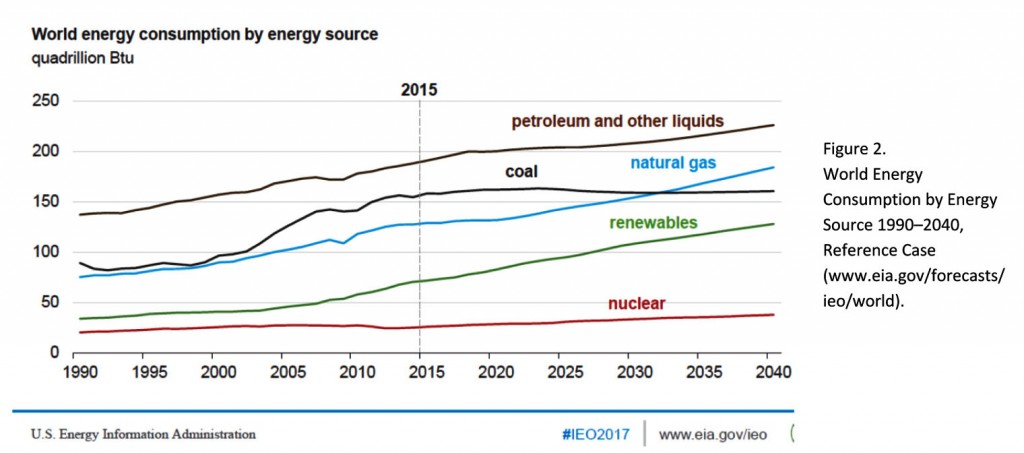
Hobbs explained to the GPPC that petroleum geoscientists have nothing to fear professionally, as they will be fully employed through the 21st Century in the search for new hydrocarbons to meet global energy and petrochemical demand. Further, every single barrel and mcf of proven and unproven reserves, and possible resources in the minds of current geologists, will be produced. The real challenge he explained is to train the next generation of petroleum geoscientists to find the future reserves that will keep the “lights on” when our generation is in nursing homes”. The GPPC debated and tweaked the draft position statement for over six months, and then voted unanimously at the October 2017 GSA Annual Meeting in Seattle to send the statement to GSA Council. The Geosciences and Energy Policy statement was approved unanimously by the GSA Council.
Full text of position statement

